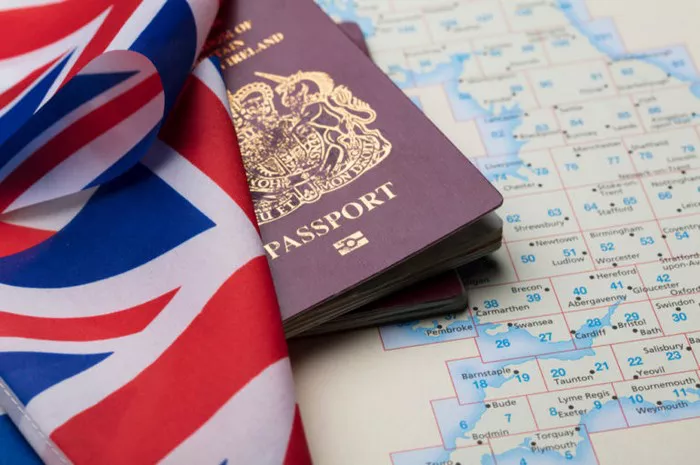British citizenship is a coveted status that offers a range of benefits, including the right to live and work in the United Kingdom without any immigration restrictions, access to public services, and the ability to participate fully in civic life. However, not everyone is eligible to apply for British citizenship. In this article, we will explore the criteria that determine who can apply for British citizenship, including residency requirements, eligibility through ancestry or marriage, and other important considerations.
Residency Requirements
One of the most common pathways to British citizenship is through residency. Individuals who have lived in the UK for a certain period of time may be eligible to apply for citizenship. The specific residency requirements vary depending on the immigration status of the individual:
1. Indefinite Leave to Remain (ILR): Individuals who hold ILR, also known as settled status, are typically eligible to apply for British citizenship after they have lived in the UK for at least five years. ILR is granted to individuals who have been living lawfully in the UK for a certain period of time and meet specific criteria, such as passing a “Life in the UK” test and demonstrating English language proficiency.
2. Permanent Residence: European Union (EU) citizens and their family members who have been living in the UK under the EU Settlement Scheme may be eligible to apply for British citizenship after they have held permanent residence status for at least five years. Permanent residence is granted to EU citizens who have been living and working in the UK in accordance with EU law.
3. Spouses or Civil Partners of British Citizens: Individuals who are married to or in a civil partnership with a British citizen may be eligible to apply for British citizenship after they have lived in the UK for at least three years. They must also meet certain residency and other eligibility requirements.
4. Children: Children born in the UK to non-British parents may be eligible to apply for British citizenship if they have lived in the UK for a certain period of time and meet specific criteria. Additionally, children who are born outside the UK to British citizens may be eligible for British citizenship by descent.
It’s important to note that the residency requirements mentioned above are subject to change, and individuals should always consult the latest guidance from the UK government or seek advice from a qualified immigration advisor.
Other Eligibility Criteria
In addition to meeting residency requirements, individuals must also meet other eligibility criteria to qualify for British citizenship. Some of the key criteria include:
1. Good Character: Applicants for British citizenship must demonstrate that they are of good character, which typically means they have not committed any serious criminal offenses and have complied with immigration laws and regulations.
2. Language and Knowledge Requirements: In most cases, applicants are required to demonstrate a basic knowledge of English and have an understanding of life in the UK. This is typically assessed through the “Life in the UK” test, which covers topics such as British history, culture, and government.
3. Financial Stability: Applicants may be required to demonstrate that they are financially stable and can support themselves and their dependents without relying on public funds.
4. Renunciation of Previous Citizenship: Some countries do not allow dual citizenship, so individuals may be required to renounce their previous citizenship as a condition of acquiring British citizenship. However, there are exceptions to this requirement, and individuals should seek advice from a qualified immigration advisor.
Ancestry and Descent
In addition to residency-based pathways, individuals may also be eligible for British citizenship based on their ancestry or descent. British citizenship by descent is typically available to individuals who have a parent or grandparent who was born in the UK. This pathway allows individuals to claim British citizenship even if they were born outside the UK.
British citizenship by ancestry is another pathway available to individuals with a grandparent who was born in the UK, Channel Islands, or Isle of Man. This pathway allows individuals to live and work in the UK indefinitely and may eventually lead to eligibility for British citizenship.
Conclusion
British citizenship is a valuable status that offers a range of benefits, including the right to live and work in the UK without any immigration restrictions. Eligibility for British citizenship is determined by a variety of factors, including residency, ancestry, and other criteria. Individuals who are considering applying for British citizenship should carefully review the eligibility requirements and seek advice from a qualified immigration advisor to ensure they meet all necessary criteria before submitting their application. By understanding the pathways to British citizenship and meeting the necessary requirements, individuals can take the necessary steps to secure their status and fully participate in civic life in the United Kingdom.


